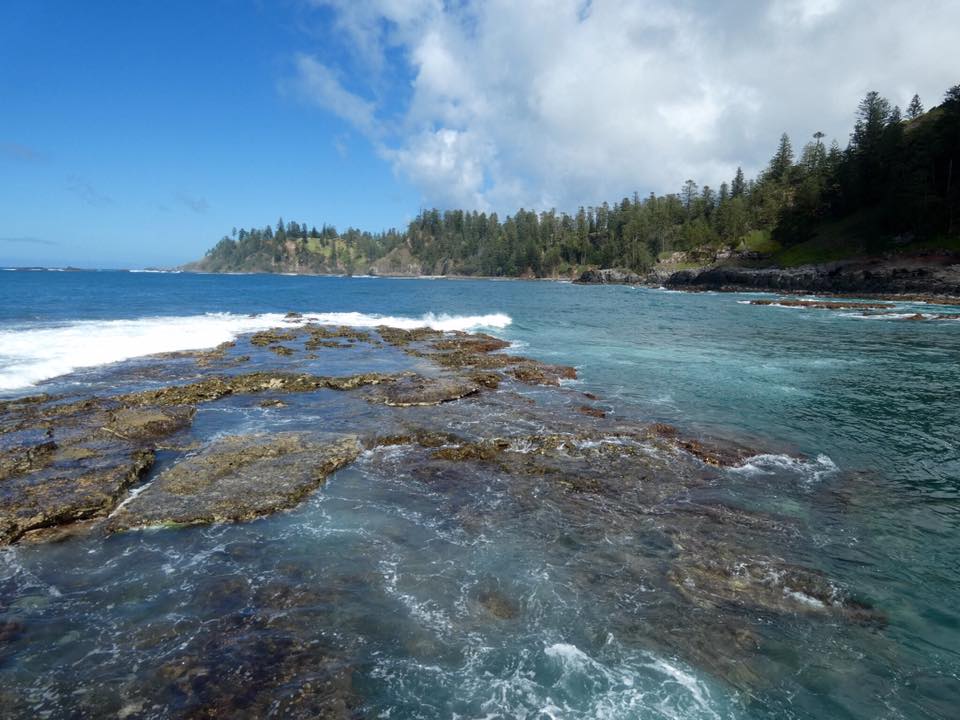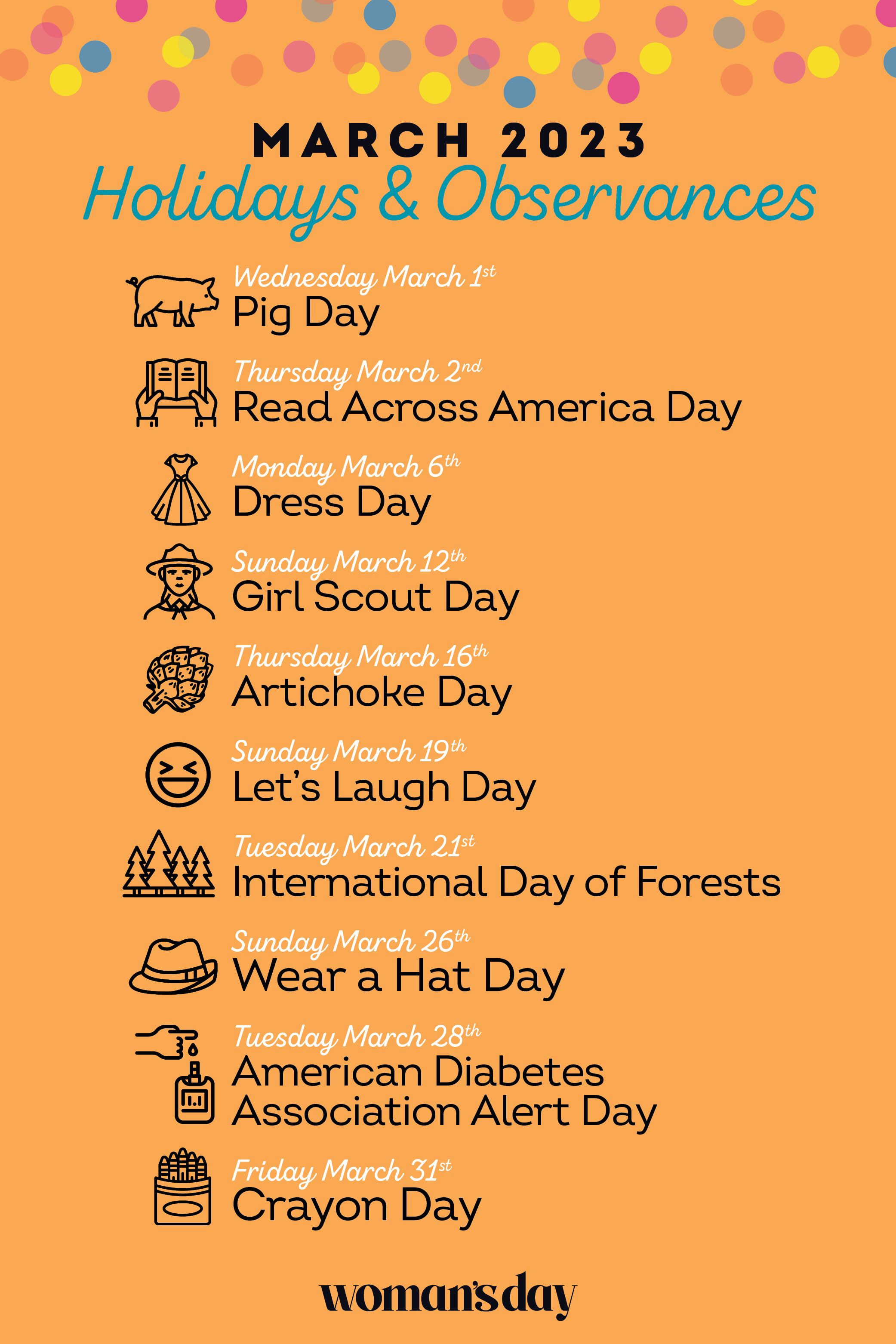What Time Is It in Darwin Australia Right Now?
Understanding the current time in Darwin, Australia, is more than just a glance at a clock; it reflects the region’s unique geographical and cultural context. Nestled in the Northern Territory, Darwin operates within the complexities of time zones and daylight saving considerations, offering a rich tapestry of historical and contemporary significance.
Darwin is situated at UTC+9:30, which distinguishes it as one of the few places in Australia that does not observe daylight saving time. As such, the time remains constant throughout the year, allowing residents and visitors alike to experience a uniformity that can be both comforting and practical. However, as you traverse the vast island continent, you’ll find that timekeeping varies considerably between regions, further complicating matters for the uninitiated.
The unique geographic positioning of Darwin not only affects its time zone but also its cultural and social interactions. Its proximity to various Southeast Asian nations positions it as a regional hub, leading to increased economic and tourism activities. Hence, understanding the current time in Darwin can have significant ramifications for business dealings, travel itineraries, and social planning.
Time Zone: The Essence of Darwin’s Temporal Identity
Darwin operates on Australia Central Standard Time (ACST), which is UTC+9:30. This time zone is distinct from other major Australian cities, such as Sydney and Melbourne, which follow Eastern Standard Time (UTC+10) and observe daylight saving. The decision to eschew daylight saving measures puts Darwin in alignment with neighboring regions, encouraging cross-border interactions with nearby nations while simplifying logistics for locals.
This temporal steadfastness, however, can be somewhat perplexing for travelers who may arrive from regions that adjust their clocks seasonally. Therefore, one must be particularly vigilant in understanding local time when scheduling appointments or planning activities in Darwin. The absence of daylight saving time means the time in Darwin remains the same whether it’s high summer or the depths of winter, offering a predictability that can be refreshing.
Cultural Influences on Timekeeping in Darwin
The history of Darwin is steeped in cultural diversity, with influences from Indigenous peoples, European settlers, and migrant communities. This rich mélange has resulted in unique lifestyle patterns that also affect how time is perceived and utilized. For instance, local Indigenous groups have their own time-honored systems for determining the passage of time based on natural phenomena, rather than mechanical clocks. Thus, the relationship with time can be quite fluid, revealing deeper philosophical understandings.
For residents, the concept of ’local time’ isn’t merely tied to hourly increments. Instead, many navigate life’s clock through the rhythms of the environment, where seasons signal change more acutely than the tick-tock of a clock. Darwin’s subtropical climate allows for a more lenient interpretation of time, fostering a culture where punctuality might not always reign supreme. This cultural nuance enriches the experience for both locals and visitors, reminding them that time is multifaceted, shaped by both natural and societal influences.
The Impact of Time on Daily Life and Activities
Knowing the current time in Darwin is crucial for various aspects of life, from business operations to social engagements. The timing of flights, meetings, and local events can hinge on understanding this pivotal element. For businesses conducting trade with international partners, having a firm grasp of Darwin’s time zone assists in planning and communication. It can be quite inconvenient for global companies to set meetings when their associates in Darwin are working on a different clock, especially given the geographic uniqueness of the area.
Moreover, Darwin’s time zone affects recreational activities and tourism as well. Whether it’s catching the sunset at Mindil Beach or attending the famous Darwin Festival, understanding what time it is can significantly enhance one’s experience. Activities often rhythmically align with natural phenomena—the tides, the light of day, and seasonal changes serving as intricate guides for both locals and visitors.
Conclusion: Embracing the Temporal Landscape
Time in Darwin is a reflection of more than just hours and minutes; it embodies a cultural and geographical identity that is unique to this Australian locale. By understanding the nuances and complexities of timekeeping in Darwin, you not only become more informed but also enrich the fabric of your interactions within this remarkable region. Whether you are a visitor planning your itinerary or a local taking part in daily life, embracing Darwin’s temporal landscape can lead to a more fulfilling experience.
You May Also Like
Best Fish to Catch in Australia: A Guide for Anglers
Australia boasts an extraordinary diversity of fish species, making it …
Emily Bay Norfolk Island: A Hidden Gem in the Pacific
Emily Bay, a picturesque enclave nestled on the sun-kissed shores of …
Holidays on August 23: Global Festivities & Observances
August 23 is a date that carries a bouquet of cultural significance …





